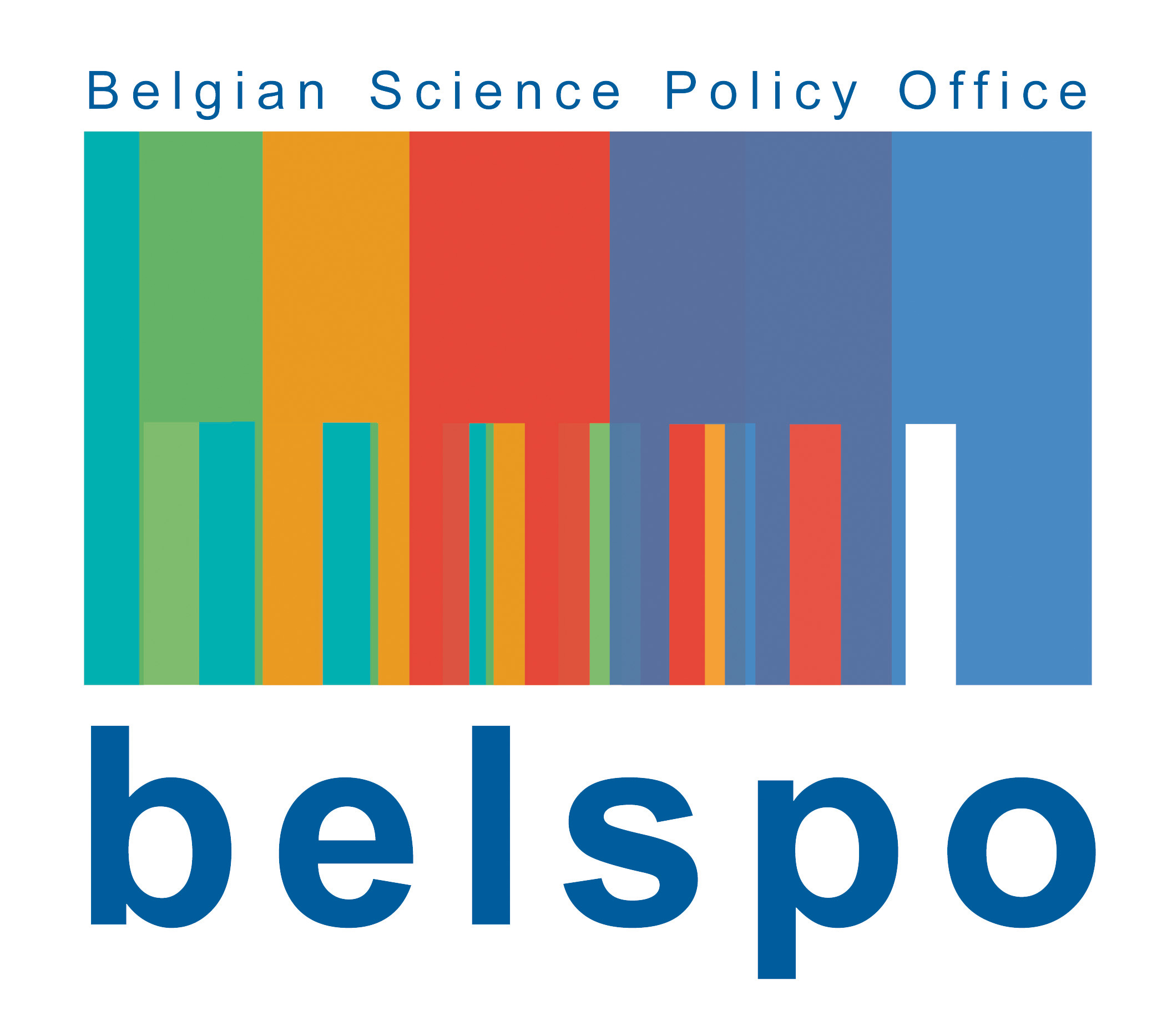THE PROJECT
Proteins are the main products of genetic information and are the pivotal biological macromolecules that determine the structure and function of all living cell systems. Proteins direct development of organisms, metabolism and responses to environmental stimuli. They interact with ligands of various sizes that can be substrates, inhibitors, effectors, nucleic acids, lipid bilayers or other proteins. Undesired alterations of these interactions can transform a normal cellular process into an aberrant one, resulting in many types of pathologies. Alternatively, the development of small molecules, which can interfere with crucial protein functions in living cells, takes an important part in human therapy and antimicrobial chemotherapy, which is based on the perturbation of the metabolic processes.
In the post-genomic era, we have access to a very large amount of data about the genomes of an increasing number of organisms. By contrast, we are far from being able to integrate all these data in a detailed understanding of the functioning of living cells. This paradox is explained by the fact that the determination of genomic sequences has progressed much faster than our knowledge of the structure-function relationships and interactions between biomolecules. Traditionally, proteins have been studied as isolated entities. However, in the post-genomic era, a new type of protein research has arisen that, whilst continuing research at the atomic and molecular levels, aims at obtaining a more integrated view of protein function within the context of living organisms. Modern protein science therefore studies all levels of organization of life from single protein molecules, to large protein complexes promoting interactions within proteins or with small ligands and nucleic acids up to the study of the dynamic networks in cells and model organisms. For these reasons, an integrated Protein Science project is a challenging and highly interdisciplinary research domain extending from biophysics to chemistry and cell biology.
The overall aim of iPROS project is to promote an integrative protein science approach in order to increase our understanding of protein structure and function. In addition we will train young researchers to be able to lead and to develop top-level research in protein science. On the fundamental level, we will follow four major lines of research: (i) protein folding, (ii) protein engineering and protein-ligand interactions, (iii) protein targets against bacterial resistance and (iv) protein supramolecular assemblage and cellular metabolism. Each of these thematics will constitute a work package.
The scientific workpackages are presented in the following links:
Work package 1: Protein folding (Partners: P1, P3, P6, INT1)
Work package 2: Protein engineering and protein-ligand interactions (Partners: P1, P2, P3, P4)
Work package 3: Protein targets against bacterial resistance (Partners: P1, P2, P3, P5, P6,INT2)
Work package 4: Protein supramolecular assemblage and cellular metabolism (Partners: P1, P2, P4, P6, INT2, INT3)
The two non scientific workpackages are:
Work package 5: Networking and Dissemination (All partners)
The coordinator assisted by the steering committee aims at properly initiating, managing and reporting up to the end the project.
Work package 6: Training (All partners)
The aim is to give to PhD students and early stage researchers a training program to improve their career perspectives by broadening their scientific skills. We will also support experienced researchers in complementing or acquiring new skills and competencies. Besides the lectures already available in the different Graduate schools, the IAP consortium will organize original activities in the form of workshops, thematic weeks and seminars.

